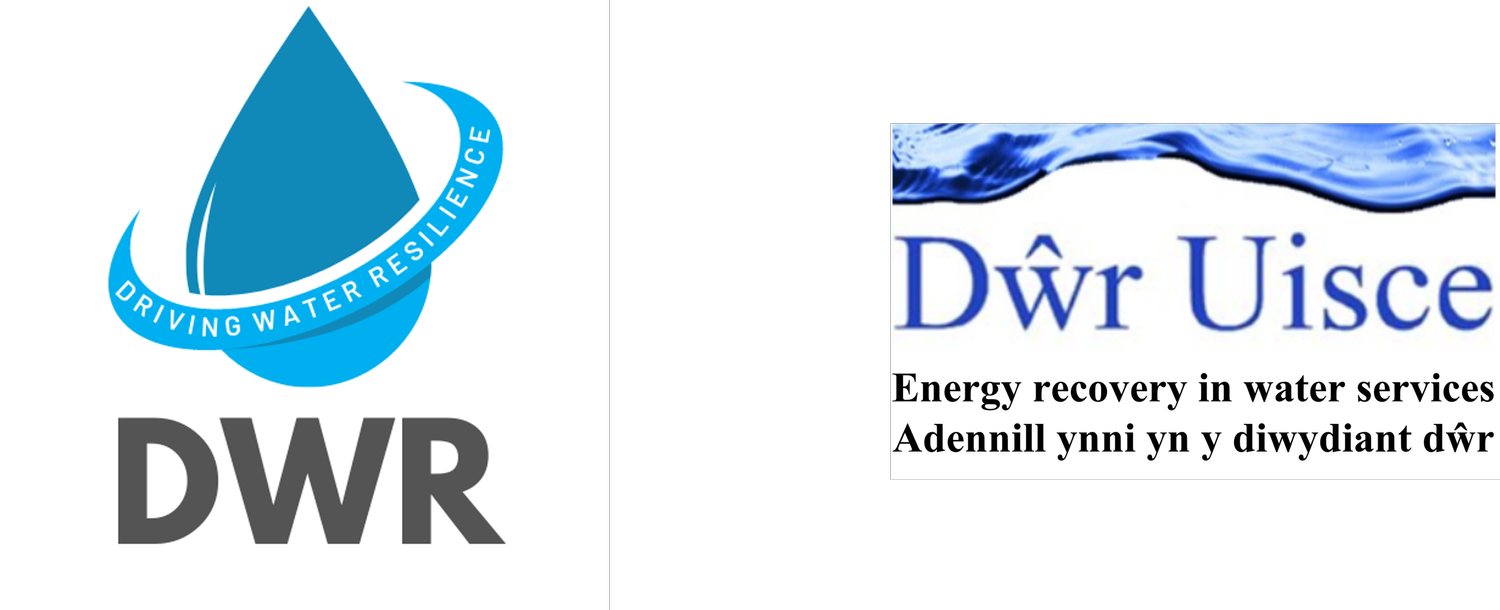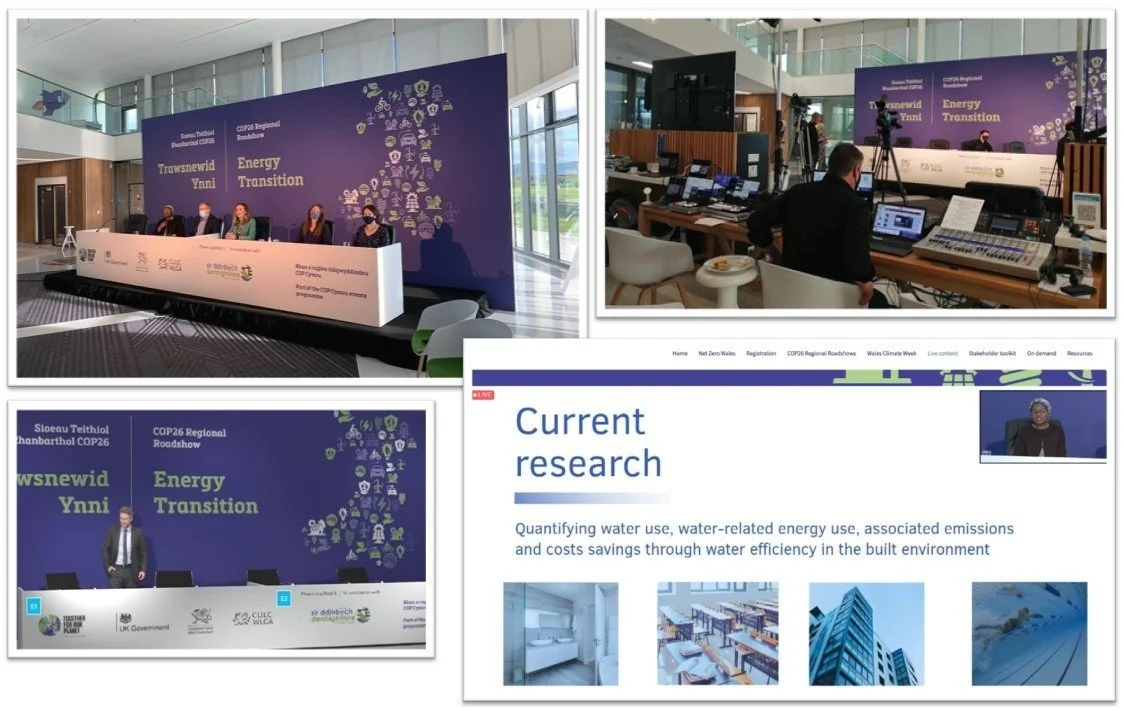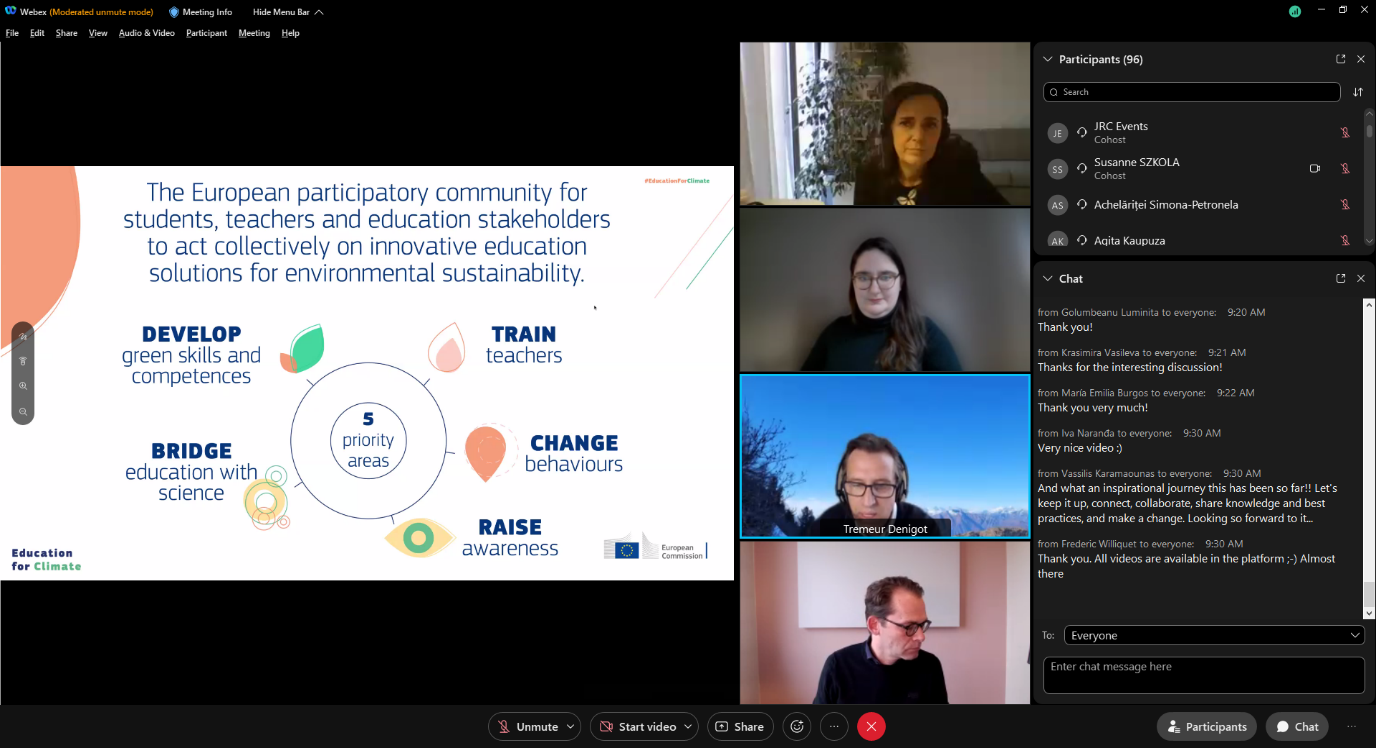Aisha at COP Cymru – Shaping Wales' Response to the Climate Emergency
On 4 November 2021, Aisha spoke about her work on the Dŵr Uisce project at the first of four COP26 live regional roadshows across Wales that mirrored the Glasgow Green Zone showcasing activity in Wales under the four key themes of energy transition in North Wales, nature-based solutions in Mid Wales, adaptation and resilience in Southwest Wales, and clean transport in Southeast Wales. The roadshows highlighted examples of best practice and allowed participants to engage in conversations around the key COP26 Presidency Programme themes.
The energy roadshow was held the M-Sparc – the Menai Science Park on Anglesey and focused on accelerating the global transition to clean energy. Aisha spoke in the Small Nation Big Ideas: Welsh science driving the energy transition session convened by the Low Carbon Energy and Environment Research Network Wales, which is working to support and strengthen Wales’ world-leading research, including in low carbon energy and chaired by Lisa Gwilym.
The session showcased research and new technologies being developed in Wales – from using nuclear reactors for more than just power, reducing energy waste throughout the water system, innovations in tidal energy, to recovering rarer material for use in batteries. The key aim of the session was to showcase how researchers work across different disciplines.
Panelists at the event; behind the scenes and Aisha’s presentation.
Aisha spoke about the water-energy nexus challenge and how to take climate action through water use efficiency. On the panel with Aisha were, Dr Michael Rushton from the Nuclear Futures Institute and Bangor University, Professor Ian Masters from Swansea University, Gemma Veneruso from School of Ocean Sciences at Bangor University and Dr Jenny Baker from Swansea University.
Roberta’s participation to the first EC Education for Climate Day on Nov 25th
Presentation during the plenary open session of the 1st Education for Climate Day
On November 25 2021, the first Education for Climate Day took place online and included a number of plenary and concurrent sessions to discuss different topics around Climate Education at European Level. In the run up to the even a number of co-creation workshops were held, bringing together a participatory community of students, teachers and education stakeholders across Europe. They are all united by the shared common goal of promoting inclusive and transformational climate education for all, from early childhood to lifelong learning.
On the day, the collaborative Education for Climate (E4C) Platform was launched. The platform is a space for co-creation, knowledge sharing and collaboration among education stakeholders and all other interested parties, including of course students. Its objective is to inspire and support concrete climate action across all strands of society.
Roberta, together with three teachers from schools in Greece, Poland and Croatia, was invited to pitch a challenge on the theme of water to shape the first community challenge during the ‘Unlock and Develop’ Hackathon session. The challenge Roberta presented was focused on the water-energy nexus and on how to raise awareness about the climate action potential of water efficiency. The other pitches, also on the water theme, presented challenges around how to foster life-long behavioural change and how to involve students’ parents and guardians, too. Soon the participatory community challenge, as defined during the hackathon, will open on the platform, so that all interested members can join in the challenge and come up with practical solutions.


